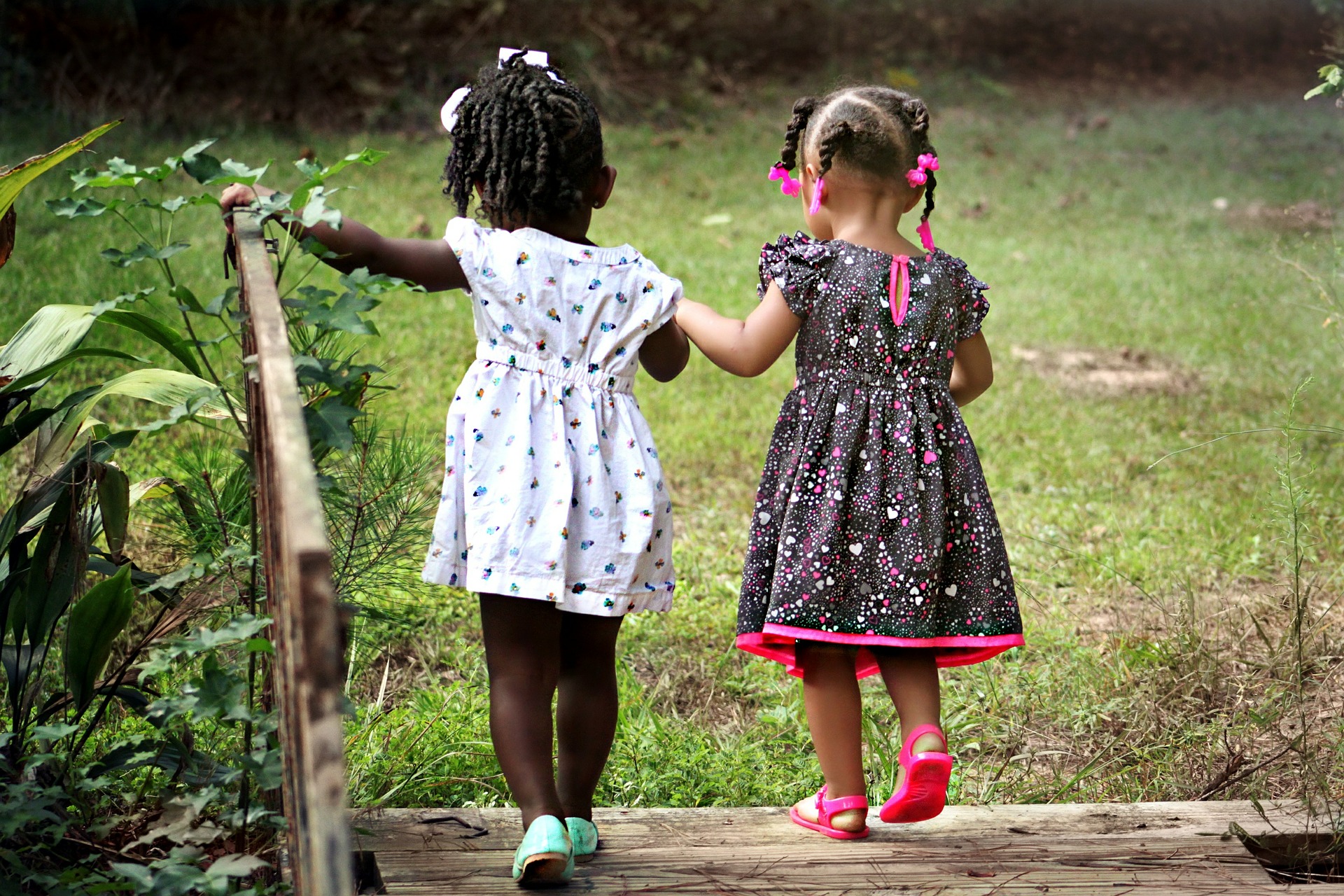As social workers, we come into contact with shocking human behaviour on a daily basis
Violence, sexual abuse, emotional abuse, denigration. The problem of humans behaving inappropriately towards one another, causing harm and trauma to others, has existed since the dawn of history.
In times gone by a shroud of silence was drawn over happenings in the home: in more affluent societies especially, since “bad stuff could not possibly happen in good homes”. Thus much damage was inflicted that remained unnoticed and unattended.
In 2021 there is probably only a small minority that has not been reached with the message that gender violence, sexual abuse and like behaviour is unacceptable and in fact, criminal.
But much harm is inflicted without physical violence. There is the ever-present possibility of sexual abuse in the home, covered by layers of secrecy and shame. Young children (mostly girls) have a slight to none chance of coming out with the truth and being believed by older people. If the truth were ever to be laid bare, the figures would probably be so shocking as to be near-unbelievable.
“As social workers, we come into contact with shocking human behaviour on a daily basis,” explains Henda van der Merwe, director of CMR Gauteng East. “We endeavour to reach our communities with programmes aimed at preparedness as well as early intervention and of course, being at the stope face we also have to get involved where statutory steps need to be taken in the interest of a child.
“Much can be achieved in preventing problems if people remain alert and aware of the impeding social factors around them: such as cyber bullying, emotional abuse or falling prey to porn addiction. Prevention is always better than having to address concomitant problems after they have become entrenched.
“Children that had to be removed from a home environment where they suffered severe trauma, have to be assisted with counselling to help them with healing and experiencing hope. Many of them show problem behaviours that could include anger, violence, self-harming and even attempted suicide – even in very young children.
“Our social workers support the child with long-term emotional healing and integration into society. The sad realities are not lessening, they are growing. This means we need more trained people able to help with the social ills of our time, as well as community members reporting after seeing or hearing these ills, ” van der Merwe concludes.



0 Comments